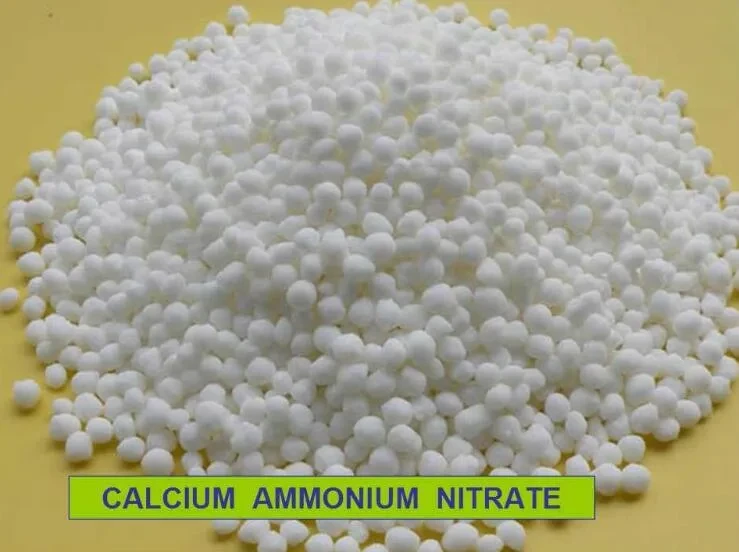



Exploring the Uses and Benefits of Aqueous Chlorine Dioxide in Water Treatment
Aqueous chlorine dioxide (ClO2) is a powerful oxidizing agent widely utilized in various industrial and sanitation applications. It is most commonly recognized for its effectiveness as a disinfectant and biocide, offering an alternative to traditional chlorine-based compounds. Known for its unique properties, aqueous chlorine dioxide presents several advantages that make it an invaluable tool in water treatment processes.
One of the key features of aqueous chlorine dioxide is its ability to selectively oxidize contaminants without forming harmful by-products. Unlike chlorine, which can react with organic matter to produce chlorinated by-products, chlorine dioxide can break down bacteria, viruses, and protozoa while minimizing the formation of potentially toxic compounds. This characteristic makes it particularly appealing in drinking water treatment, where safety and health are paramount.
In addition to its disinfecting properties, aqueous chlorine dioxide is effective at removing color, taste, and odor from water. It breaks down organic substances that contribute to undesirable water characteristics, improving the overall quality of water used for consumption and industrial processes. The compound achieves this through oxidation, which transforms contaminants into more benign substances, thus enhancing the aesthetic qualities of water.
Another significant benefit of using aqueous chlorine dioxide is its stability and efficacy over a wide range of pH levels, making it adaptable to various environmental conditions. It remains active even in alkaline or acidic waters, allowing for effective treatment in diverse settings. This versatility is particularly advantageous in industries such as food and beverage, where consistent disinfection standards are essential to maintain hygiene and safety.
aqueous chlorine dioxide

Moreover, chlorine dioxide's residual properties enable prolonged disinfection effects. While chlorine has a limited residual effect, aqueous chlorine dioxide can provide efficacy even after application, which is useful in preventing recontamination. This characteristic is particularly beneficial in managing biofilms and microbial colonies that can develop in water systems.
Despite its advantages, the use of aqueous chlorine dioxide does come with specific considerations. It requires careful handling and monitoring due to its strong oxidative capabilities, which can be dangerous in concentrated forms. However, when used appropriately, aqueous chlorine dioxide is a powerful ally in the quest for safe, clean water.
In summary, aqueous chlorine dioxide stands out as an efficient disinfectant and oxidizing agent in water treatment. Its unique properties, including selective oxidation, residual disinfection, and adaptability to different pH levels, make it an excellent alternative to traditional chlorine compounds. As industries and municipalities continue to seek safer and more effective disinfection methods, the role of aqueous chlorine dioxide will likely grow, contributing significantly to public health and safety.
-
Why Sodium Persulfate Is Everywhere NowNewsJul.07,2025
-
Why Polyacrylamide Is in High DemandNewsJul.07,2025
-
Understanding Paint Chemicals and Their ApplicationsNewsJul.07,2025
-
Smart Use Of Mining ChemicalsNewsJul.07,2025
-
Practical Uses of Potassium MonopersulfateNewsJul.07,2025
-
Agrochemicals In Real FarmingNewsJul.07,2025
-
Sodium Chlorite Hot UsesNewsJul.01,2025










